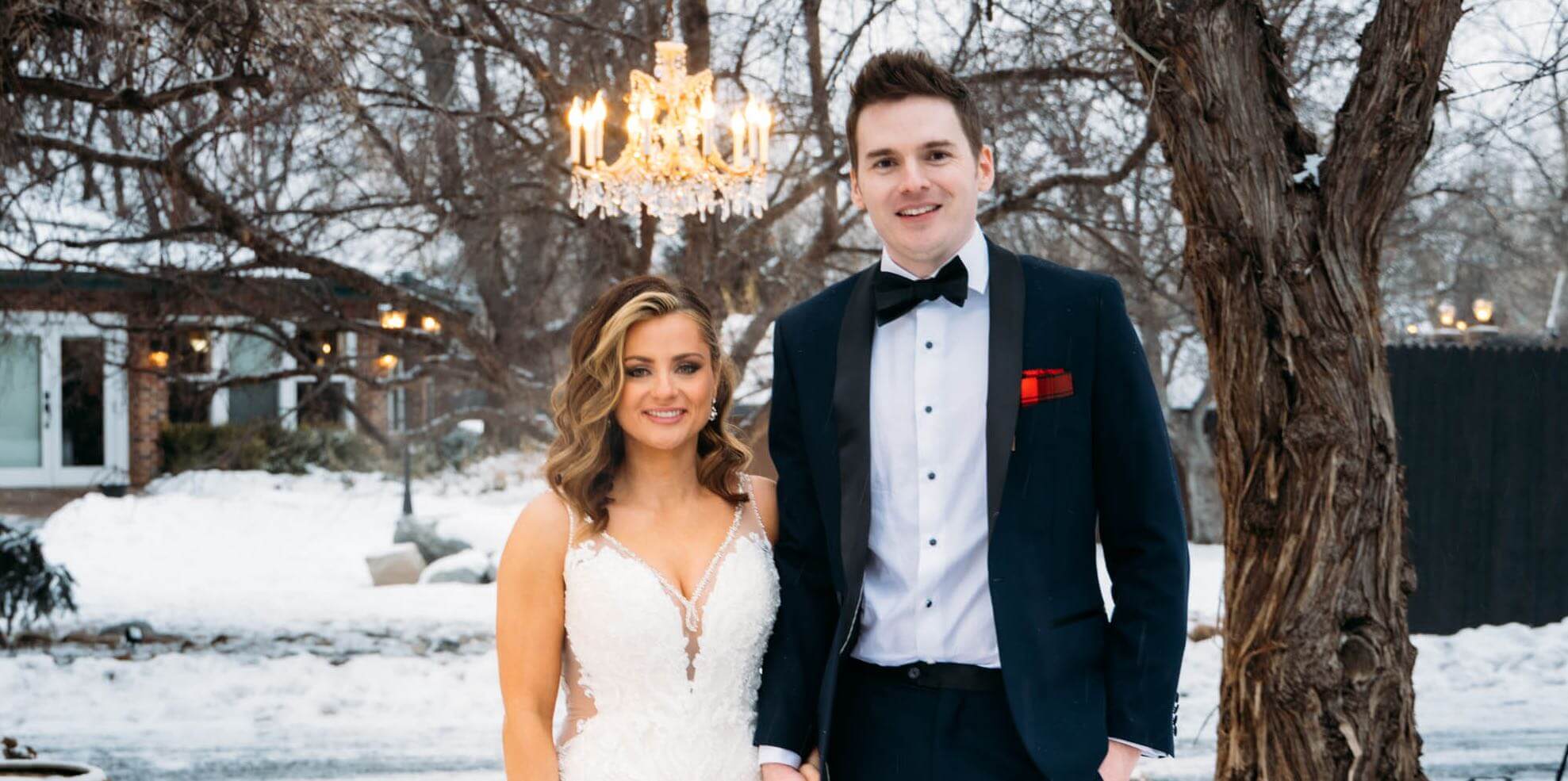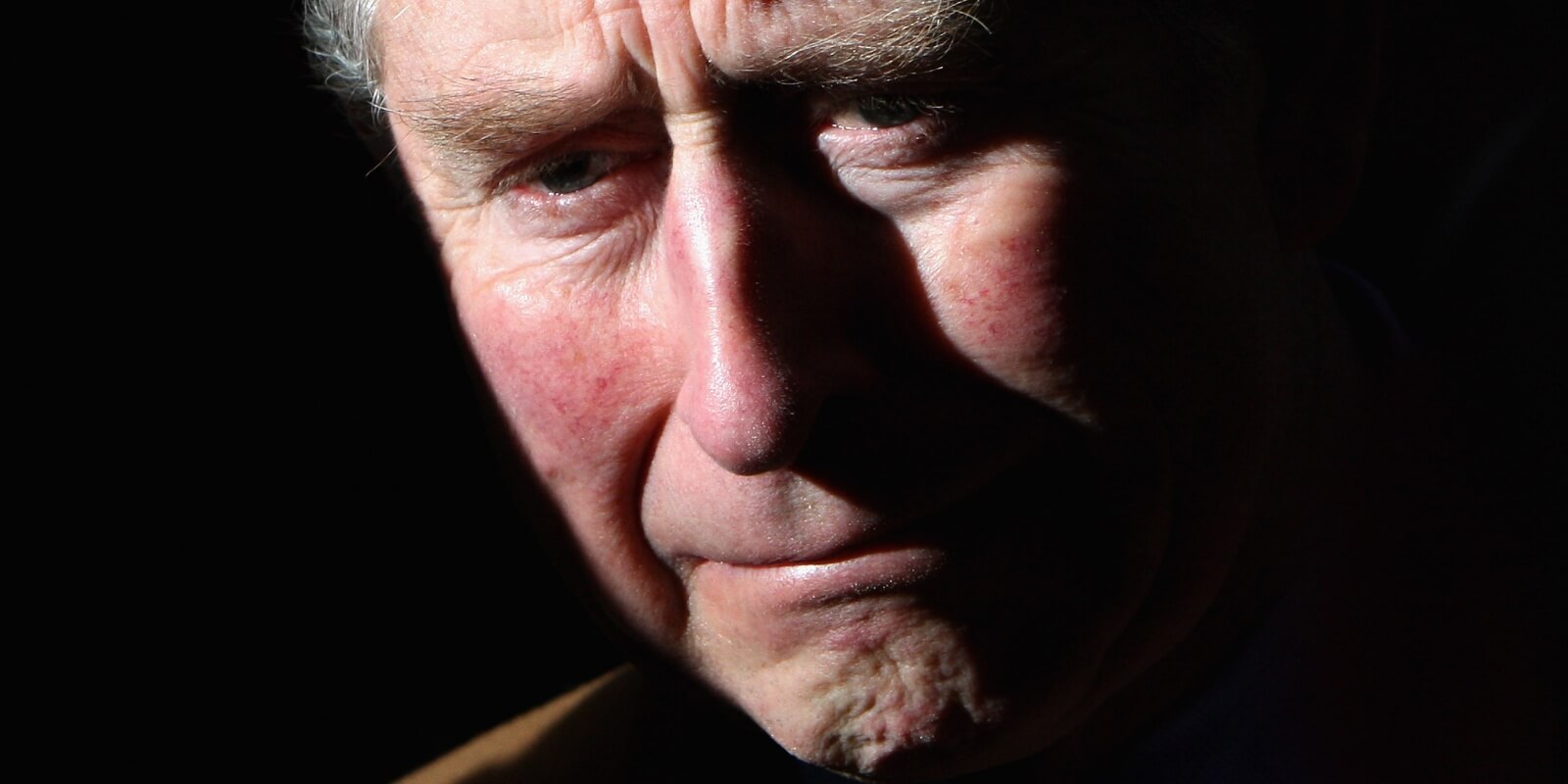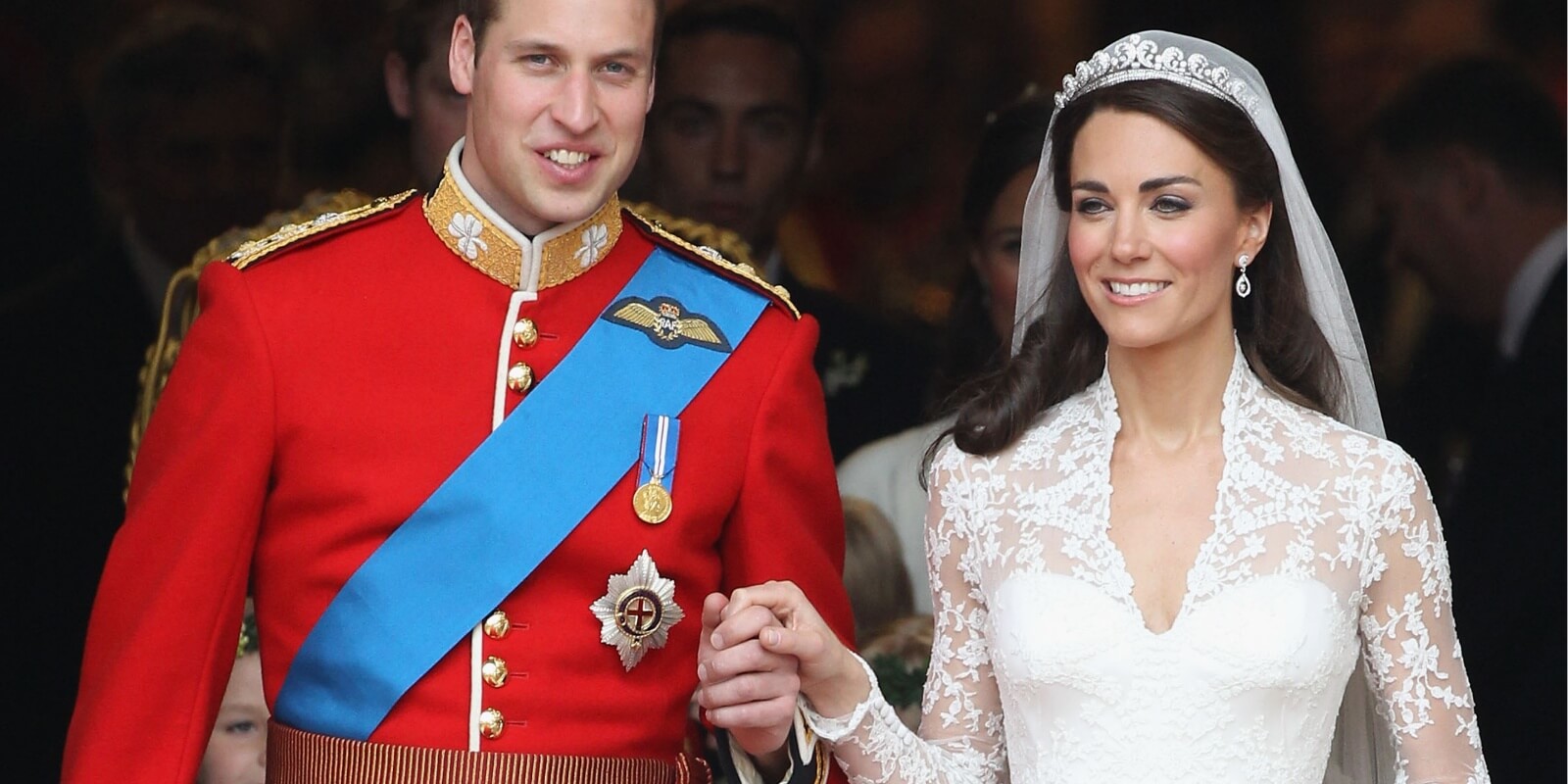
Quentin Tarantino Once Considered This Earlier Film He Did His ‘Old-Man’ Movie
Quentin Tarantino has been very vocal about not wanting to direct movies as an old man, which explains the director’s upcoming retirement. But the director also felt he got his old-man movie out the way when he was still a young filmmaker.
Why Quentin Tarantino considered this film his ‘old-man’ movie

Tarantino has delivered a variety of movies to the big screen, some taking place in different time periods and genres entirely. Many of his films usually depict some level of strong violence that occasionally even stir up controversies.
But Jackie Brown was a Tarantino movie that took a different approach to the filmmaker’s usual work. Because of this, some critics saw the Elmore Leonard adaptation as a sign of Tarantino maturing.
However, when Tarantino reverted back to his more familiar style with subsequent films, this generated criticism that he was regressing. It was an argument that Tarantino didn’t buy.
“I didn’t go in that direction,” he said in a 2009 interview with GQ. “I arrived at my destination with Jackie Brown. I did it! I don’t have to prove that I can do it again. I can do it again if I wanna do it again, but even if I go off and do Friday the 13th part nine, that doesn’t change Jackie Brown. That’s still a mature piece of work. Made when I wasn’t even that mature.”
Tarantino agreed with the assessment that Jackie Brown was as close to an old-man Tarantino film that he’d ever made.
“And it’s as much of an old-man movie as I ever wanna make,” he said.
Quentin Tarantino didn’t believe old directors were truly artists anymore
Tarantino has had a consistent opinion regarding directors who still shoot movies after reaching past a certain age. Aside from perhaps one exception, the Oscar-winner is adamant that all filmmakers lose a step or two eventually.
“You can lie about a lot of things,” Tarantino said, “But your filmography doesn’t lie. It’s right there. And it doesn’t give a s*** about why you did it. It doesn’t give a s*** about what was happening that year in your life, or that gal you were married to. Ten years after the fact, your movies are all created f***ing equal. And if you go through their filmographies, directors don’t get better. Especially when they’ve had a serious twenty- or thirty-year career.”
It was soon mentioned that some directors thought they were doing their best work in their twilight years. But Tarantino asserted that might’ve just highlighted his argument.
“They might very well think that,” Tarantino said. “And that’s why I don’t want to be making movies at that point.”
Overtime, Tarantino believed that old directors risked losing their artistry in their work. Which would’ve just reduced directing to a job.
“There are directors who don’t know how to stop working. Maybe they thought of themselves as artists at one time, but now they’re just directors, and they’re going out and getting a job. And they live beyond their f***ing means, anyway, so they can’t stop working,” he said.
Quentin Tarantino doesn’t plan on fully retiring from being creative
Tarantino has clarified that the end of his filmography doesn’t necessarily mean the end of his work. The Pulp Fiction director feels he’ll continue channeling his creativity through other platforms like books. He’s already taken small steps on this journey by writing a novel adaptation for Once Upon a Time in Hollywood. He also recently released his nonfiction book Cinema Speculation, which focused on many films Tarantino saw in his youth.
“I didn’t say I’m going to go into the night darkly, all right? I could do a TV show. I could do a short film. I could do a play. All kinds of things I could do, but I’ll probably just be more of a writer,” Tarantino recently told Deadline about his life after films.
And with the way the world of cinema is changing, Tarantino feels he’s picked a very good time to bow out of the spotlight.
“I like the idea of giving it my all for 30 years and then saying, ‘OK, that’s enough.’ And I don’t like working to diminishing returns. And I mean, now is a good time because I mean, what even is a motion picture anyway anymore? Is it just something that they show on Apple? That would be diminishing returns,” he said.



